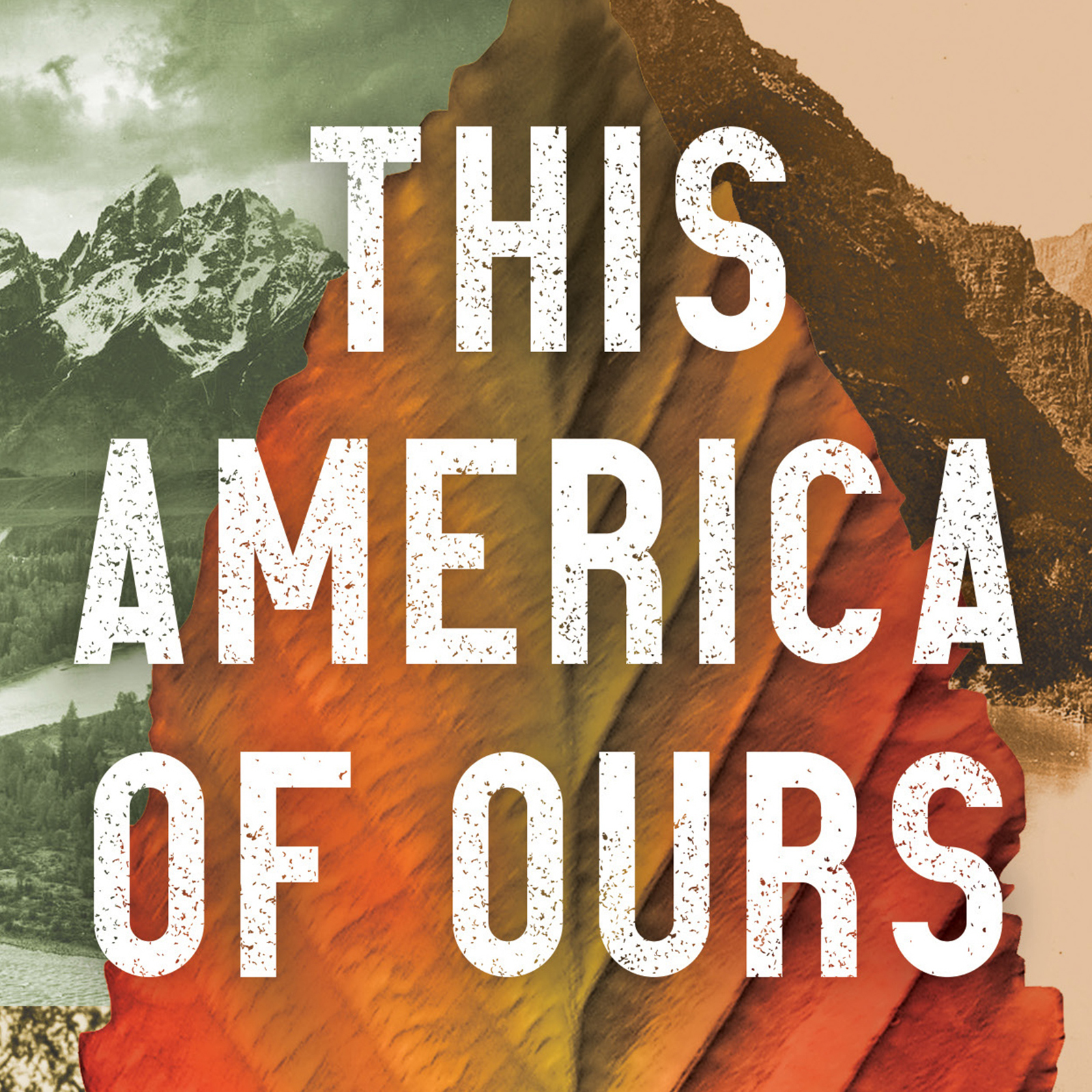Homesick for Montana: that’s what inspired Missoula-born author Nate Schweber to write “This America of Ours: Bernard and Avis DeVoto and the Forgotten Fight to Save the Wild.” Published in 2022, the award-winning journalist shares a forgotten story about how the couple, prominent in American letters and history, helped to save public lands – including Glacier National Park – from corrupt politicians and privatization during the late 1940s through the treacherous McCarthy era.
Born and raised in Missoula, Schweber left the Big Sky state twenty-two years ago after studying journalism at the University of Montana to work in New York City. Describing himself as a “walking contradiction,” Schweber’s unconditional love for Montana competes with his life in Brooklyn, New York, where for more than two decades he has lived and worked as a freelance journalist for the New York Times.
In search of a tonic that would ease the sting of homesickness about a decade ago, Schweber thought that if returning to Montana wasn’t an option, perhaps writing about it would help.
“I got it in my brain that if I couldn’t live in Montana, I could at least try to report about Montana and the West and travel back home. And in that process, I started reading more about the West, and that eventually led me to Western history and Bernard DeVoto,” he explained during a video chat interview this summer.
At New York’s famous Strand Book Store, Schweber purchased his first of Bernard Devoto’s many books, though he’d soon realize that the conservationist’s legacy was much closer to the place of his birth. Not far from Missoula, in an ancient western red cedar grove at Lolo Pass, is the DeVoto Grove Picnic Area, a memorial for the author and historian who camped at the site while he edited “The Journals of Lewis and Clark.” Schweber said he’d passed by the memorial at least a dozen times as a kid but had no clue about the Pulitzer Prize-winning author or his legacy in defending public lands across Montana and the West.
“This America of Ours: Bernard and Avis DeVoto and the Forgotten Fight to Save the Wild,” which recently won the 2023 High Plains Book Award in the nonfiction category, gave Schweber the connection to Montana he craved during the six years he worked on the book.
“DeVoto lit up my life,” he said.
While extensively researching DeVoto, Schweber soon realized that while Bernard’s life and work initially claimed focus, it was his marriage with Avis, also a writer and editor, that ignited the narrative. Their marriage and literary partnership allowed the DeVotos to form a broad, grassroots coalition to save public lands from private plunder. In the late 1940s, while on a road trip through Montana, the DeVotos learned of a scheme brewing in the U.S. Senate to cede millions of acres of Western public lands to private, extractive industries. Using the power of the pen, including in his longstanding “The Easy Chair” column for Harper’s, and rallying a wide range of advocates, the DeVotos were able to stop Sen. Pat McCarran from trammeling the untrammeled.
Much of the book is devoted to how the DeVotos tirelessly worked to save public lands, a unique and precious designation for any nation set forth at the turn of the 20th century by President Theodore Roosevelt. The DeVotos’ fight, which included stopping McCarran’s “land grab” and foiling the planned Echo Park Dam in Colorado’s Dinosaur National Monument, was not without consequences, and Bernard, who used the power of the pen in his columns and articles, found himself the public enemy of Sen. Joseph McCarthy. In the dual biography, the literary world of the East Coast, where Bernard traveled from his native Salt Lake City for his impressive career, also is a prominent storyline. Together, Bernard and Avis championed many writers, most notably the career of Julia Child, who through her books and television persona introduced America to the art of French cooking. Avis, whose favorite national park was Glacier, Schweber noted, became lifelong friends with Child, and served as a mentor to the bestselling cookbook author and celebrity chef.
While much of the DeVotos’ work was conducted from the Atlantic coast, Montana became a special place for Bernard and Avis. Bernard died young, at the age of 58 in the fall of 1955, days before his efforts to stop the construction of Echo Park Dam succeeded. From a small airplane chartered from Missoula, Bernard’s ashes were scattered from the bluebird sky over “the evergreen immensity” of the western cedars atop Lolo Pass in 1956. At the end of Schweber’s thrilling story, it is Avis who is finally returned to the memorial grove. She died in May 2003 at the age of 98, and after decades of being apart from her beloved spouse, her ashes were spread among those same cedars.
In “This America of Ours,” Schweber converts his longing for home into a powerful story about a poignant time in American history, and how one couple’s determination has shaped our own American lives.
